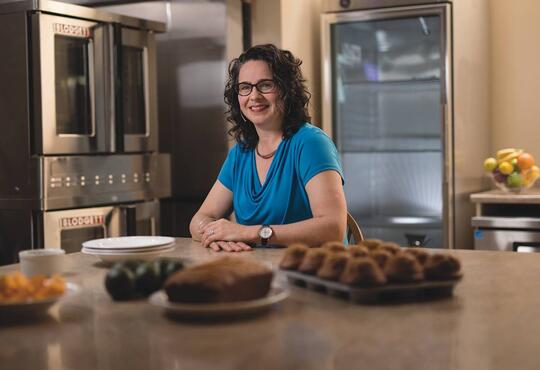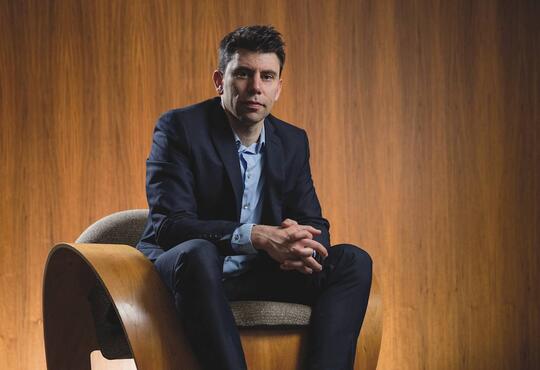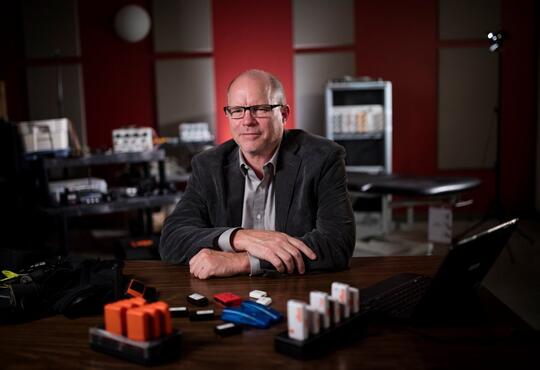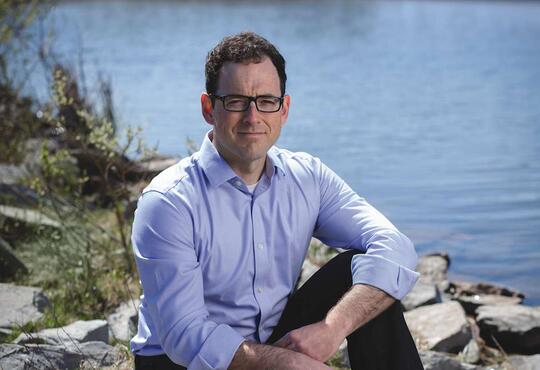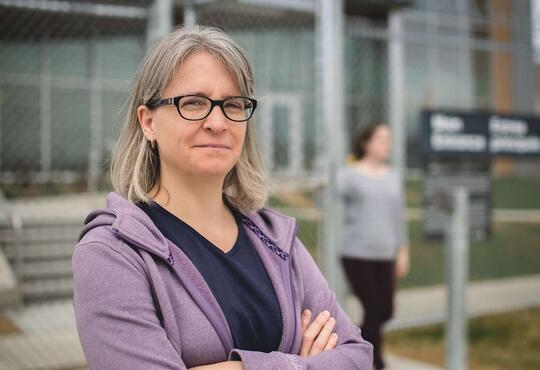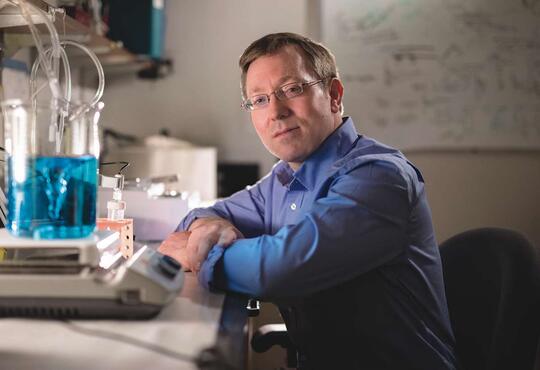The brain is the most complex organ in the human body. From making decisions to feeling pain, its one billion neurons control every aspect of our daily lives.
With one in five people experiencing a mental illness in their lifetime and rates of dementia expected to double in the next 15 years, brain health affects more than the individuals — it has deep and lasting effects on families, communities and populations.
In Applied Health Sciences, researchers are pushing the frontiers to understand and treat some of the biggest issues related to brain health. Whether it’s looking at how to accelerate recovery from brain injury, understanding the neurobiology of dietary self-restraint or monitoring changes in perception and mobility during aging, our multi-dimensional approach underpins the belief that a healthy body starts with a healthy brain.
Resources to live well with dementia
Dementia does not discriminate. It ignores social class, geographic boundaries and — increasingly — age. While scientists work to find a cure, the Murray Alzheimer Research and Education Program (MAREP) in Applied Health Sciences is on the front lines — providing those diagnosed with dementia and their families with the support and resources to live meaningful lives. Recognized around the world for a unique partnership approach, MAREP has set the standard for best practices in dementia care. MAREP’s By Us for Us Guides, written by people living with dementia for people living with dementia, offer practical advice to manage tasks of daily living. The guides have been translated into French and Spanish and distributed in countries around world, including New Zealand, Germany and the United Kingdom.
Protecting caregivers from burnout
The more hours people spend caring for an older adult, the worse their mental and physical health tends to be. But caring for a loved one doesn’t have to end in burnout.

Professor Steven Mock is exploring how involvement in municipal recreation activities can act as a crucial buffer against caregiver stress. Early findings show that the more caregivers participate in recreational pursuits, the more stable their mental health — even as their caregiving demands increase. With the number of Canadians over 65 expected to almost double in the next 20 years, protecting the health of caregivers is a key step in ensuring the best possible outcomes for our aging population.
DEPARTMENT OF RECREATION AND LEISURE STUDIES
![]()
Tools to help clinicians assess mental health
This year, more than 100,000 Canadians will be admitted to hospitals for mental health issues. Providing the best care starts with accurate assessments.
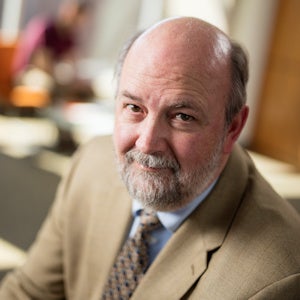
Professor John Hirdes, head of interRAI Canada, is working to develop new assessment tools that help mental health professionals more quickly evaluate conditions and record findings in a standardized way — allowing patients to be transferred from one setting to the next with comprehensive records that all health-care providers can understand. Based in the School of Public Health and Health Systems, interRAI Canada is part of a global research network focused on improving health-care assessment systems to improve service delivery and inform policy.
SCHOOL OF PUBLIC HEALTH AND HEALTH SYSTEMS
![]()
Using exercise to ward off dementia
What if exercise could prevent Alzheimer’s disease? With clinical drug trials failing to live up to expectations, researchers are looking for new ways to prevent one of the most debilitating diseases affecting people over 65.
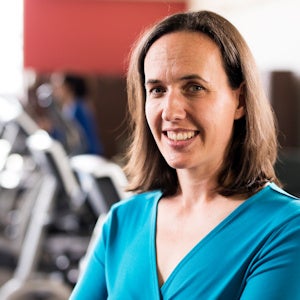
Working with the Canadian Consortium on Neurodegeneration and Aging, Professor Laura Middleton is exploring how exercise can be used to ward off dementia in at-risk individuals. Physical activity is associated with a 40 per cent decrease in the risk of dementia, possibly due to growth of new neurons and blood vessels in the brain — making it a far more effective treatment than any drug on the market.
DEPARTMENT OF KINESIOLOGY
![]()



